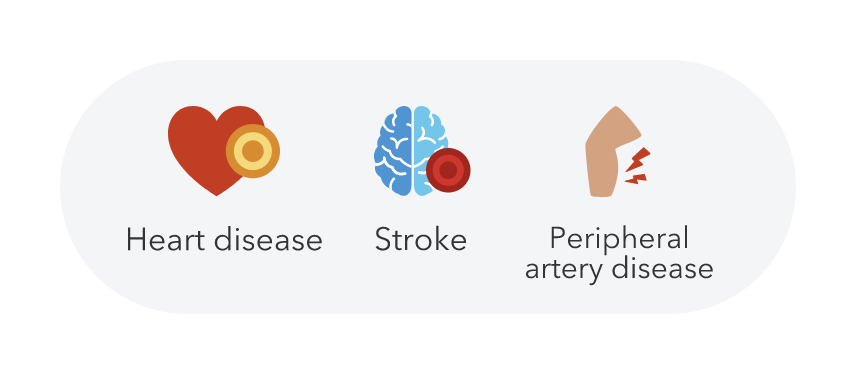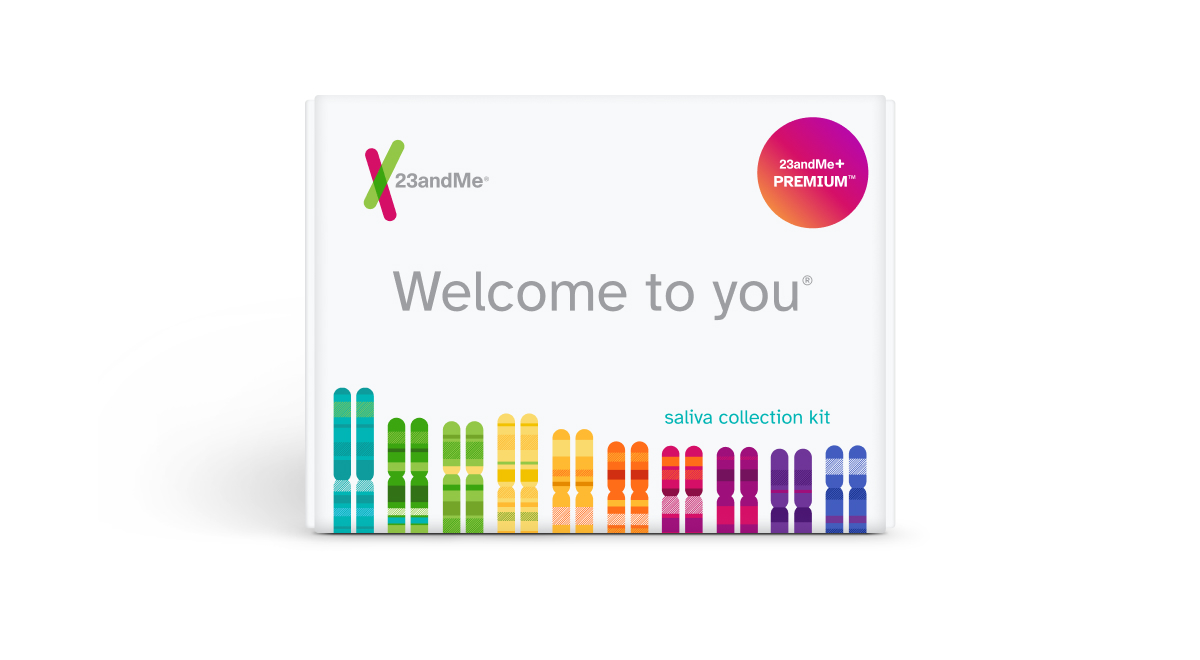Explore LDL Cholesterol and what your DNA can tell you
What is LDL cholesterol?
LDL (low-density lipoprotein) helps carry cholesterol from from your liver to other cells in your body.
The body needs cholesterol to build cells, make hormones, and carry out other tasks. But if there’s too much LDL cholesterol in the blood, it can build up on the walls of blood vessels. This can make it harder for the blood to flow to the heart, brain, and other parts of the body. For this reason, LDL cholesterol is sometimes called “bad” cholesterol.
How LDL cholesterol can impact your health
High LDL cholesterol can increase the risk for heart disease, stroke, and peripheral artery disease (narrowing of blood vessels outside the heart). People with high LDL cholesterol may not have any symptoms initially, which is why regular cholesterol screenings are important.

Is high LDL cholesterol genetic?
Genetics can play a role in the development of high LDL cholesterol. There’s a genetic condition called familial hypercholesterolemia (FH) that causes very high LDL cholesterol levels starting at a young age. In addition, there are many other genetic variants that can have a smaller impact on LDL cholesterol levels. Note that 23andMe’s LDL Cholesterol report (Powered by 23andMe Research) does not include variants linked to familial hypercholesterolemia.
A family history of high cholesterol can also increase the risk for developing the condition.
Other factors that may cause an increased likelihood of high LDL cholesterol
Besides genetics, there are other factors that can impact your chances of developing high LDL cholesterol. Eating a heart-healthy diet, exercising regularly, and maintaining a healthy weight can help lower the chances of developing high LDL cholesterol. Increasing age, being pregnant, certain health conditions, and currently taking certain medications can increase the chances.
Did you know?
About 55% of people in the U.S. will develop high cholesterol by their 70s.
Find out if your genetics might increase your likelihood of developing high LDL cholesterol
Curious if you have an increased likelihood of developing high LDL cholesterol based on your genetics? 23andMe takes into account more than 2,000 genetic markers to estimate the likelihood of developing high LDL cholesterol. Find out more with the LDL Cholesterol report (Powered by 23andMe Research), part of the 23andMe+ Premium membership. 23andMe+ Premium includes everything in our Health + Ancestry Service plus new premium reports and features throughout the year.

23andMe+ Premium
Please note:
- The LDL Cholesterol report (Powered by 23andMe Research) does not diagnose high LDL cholesterol and should not be used to make medical decisions.
- The report was developed by 23andMe scientists using data and insights gathered from thousands of customers who consent to participate in our research. Reports based on 23andMe research provide an estimate of your likelihood of developing a condition based on your genetics and other factors. This report does not account for lifestyle or family history.
- The report does not account for every possible genetic variant that could affect your likelihood of developing high LDL cholesterol, and it does not include variants linked to familial hypercholesterolemia (FH).
References
Leave a Reply